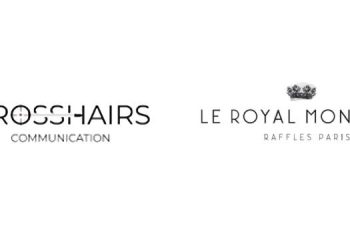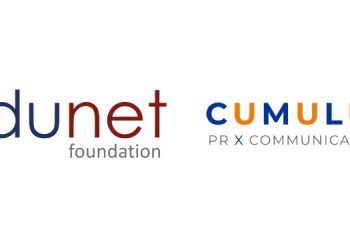The year 2020 was inarguably a watershed year for the Public Relations industry. With a pandemic and the resultantly changing environment dictating new rules for communication, organizations had to turn to a more calibrated, sensitive, and long term communications approach. Advertising took a somewhat backseat and creative, intuitive, and embedded communication campaigns gained greater ground. The changing social and economic environment resulted in Public Relations finally emerging as a preferred communications tool.
The trends though dictated by global healthcare and economic emergency are likely to stay on. 2021 will witness Public Relations cement its importance in the scheme of things of large and small organizations and will adopt an increasingly diversified and collaborative approach.
Here are the trends to look out for in 2021:
PR will continue to gain ground over advertising
Advertising, a big bang overtly promotional approach to communication, has long been considered an indispensable strategy by organizations. Public Relations traditionally stood in a supportive role. However, the pandemic and its aftermath helped many organizations – big and small – realize the importance of a more sustained and balanced approach to communication. While the need to generate socially conscious and relevant-to-the-time communication strategies led some organizations to actively embrace PR, for others PR was a more economical choice compared to advertising. Organizations also realized the importance of this long term communications tool that enables them to stay in the news, cultivate a thought leadership image in the industry, and indulge in advocacy.
As recessionary pressures continue to impact marketing and communication budgets, we will continue to see brands and organizations toning down their advertising budgets in favor of more PR activities, which are relatively low cost.
Widening of the PR mandate
The changing environment has also accelerated the evolutionary process within the PR industry. Public Relations can no more stay isolated from other marketing channels and operate in silos. With digital media becoming more and more important, strategies that focus only on traditional media will have only limited impact. This is why PR approaches are today evolving to quickly encapsulate digital and social media channels into their mainstream strategies.
PR strategies are today being planned to keep multiple communication channels in mind. Along with journalists, PR agencies today are aggressively collaborating with bloggers, social media influencers, you tubers, etc to magnify the impact of their messaging. This could have been unimaginable just a decade back.
Not just flashy headlines, innovative communication models incorporating a hybrid approach to communication are today the centerpiece of PR strategies. This evolution is likely to continue over the next few years. Going ahead we will see a greater blurring of lines between PR, digital marketing, and content marketing.
Age of specialized PR
Another significant trend likely to emanate from the recent challenges is the emergence of increasing demand for specialist PR agencies. Currently, most PR organizations brand themselves as multi-specialty agencies. However, a one size fits all approach doesn’t work anymore. With the rise in demand for specialists, we will witness the rise of agencies specializing in PR and brand communication of different fields – be it health, tech, corporate, or lifestyle.
Evolution towards long term strategies
The need for having in place a long-term and well-planned communication approach will increasingly drive the need for PR. Currently, a lot of organizations choose to hire PR specialists for short-term projects such as product launches, events or campaigns for dedicated timelines. Increasingly, however, as PR becomes a central communication strategy, we will see organizations shifting towards long term partnerships with PR specialists. Much like advertising, PR is also emerging as an indispensable tool.
Up-skilling will be key
Evidently, with a series of evolutionary changes happening swiftly, the PR industry is experiencing the need for human resource that is evolved and trained to meet the changing needs of the time. Up-skilling and training of the PR workforce will therefore become extremely important over the next few years. More PR agencies will be forced to undertake training programs that equip their workforce for the new normal. Training in branding, digital communication, and content creation will be key for the industry.

















